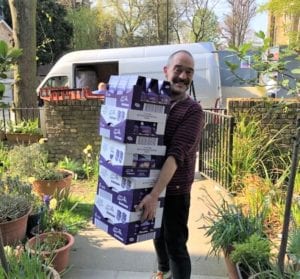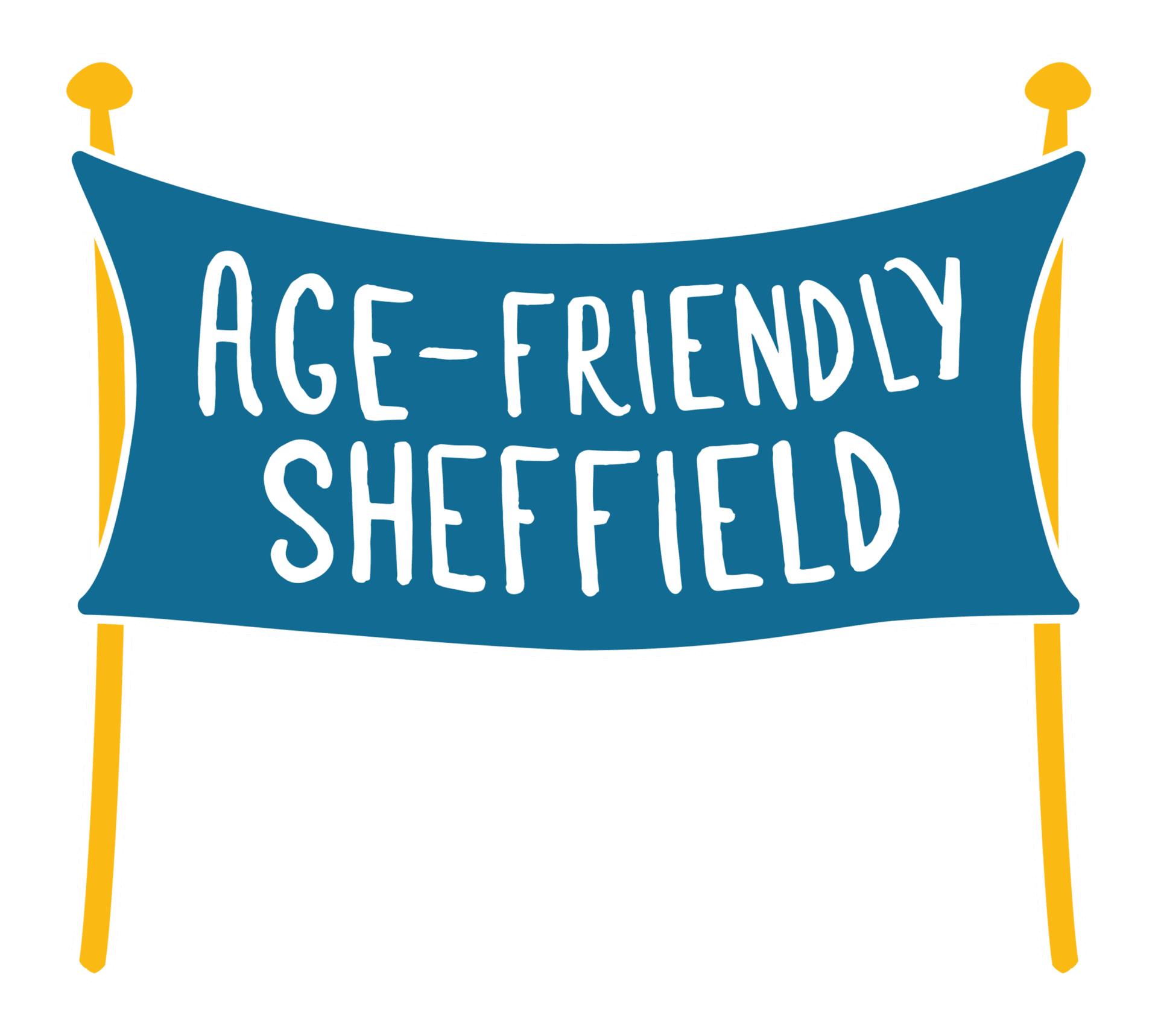Viewing our people as valuable not vulnerable: How Camden are Co-producing in a Crisis
The older people of Camden are supporting each other through a member-led network, demonstrating that they are indeed Ageing Better in Camden’s greatest asset.
 As part of Ageing Better’s #ABCOPRO “Co-Producing in a Crisis” series, Ageing Better in Camden share the different ways that members have come together to ensure that older people are well supported within their north London based communities.
As part of Ageing Better’s #ABCOPRO “Co-Producing in a Crisis” series, Ageing Better in Camden share the different ways that members have come together to ensure that older people are well supported within their north London based communities.
This support has developed into a wide-reaching member led network that highlights just what older people have to offer, squashing the notion that our older generation are vulnerable and proving just how valuable and resourceful older people really are.
How did Ageing Better in Camden first respond to the COVID-19 pandemic?
 When the crisis first struck, like many other organisations, our first thought was ensuring that our members had access to necessities like food, medicines, and someone to talk to regularly.
When the crisis first struck, like many other organisations, our first thought was ensuring that our members had access to necessities like food, medicines, and someone to talk to regularly.
In just two weeks our Outreach Team set up a brand-new tele-befriending service with over 200 referrals, and the core Ageing Better in Camden team supported Age UK Camden, our host organisation, to deliver emergency food parcels – we have delivered over 4,000 parcels so far.
We also helped to set up support for people coming out of hospital and the hospital discharge service now offers a range of care packages that provide holistic support, tailored to the individual.
How did you ensure that co-production remained central to the work of Ageing Better in Camden?
 After the initial ‘crisis phase’ was over, space for reflection allowed us to return to our founding principle that older people are our greatest asset and are valuable not vulnerable. Our core belief is that older people are not people to be ‘done to’ but people with so much to offer. In the current climate, we feel it’s more important than ever to refocus our work to reflect these guiding principles.
After the initial ‘crisis phase’ was over, space for reflection allowed us to return to our founding principle that older people are our greatest asset and are valuable not vulnerable. Our core belief is that older people are not people to be ‘done to’ but people with so much to offer. In the current climate, we feel it’s more important than ever to refocus our work to reflect these guiding principles.
Following an initial check-in, we tasked two members of our Older People’s Advisory Group (OPAG) with the creation of a support network for members, this involved regular telephone contact and a weekly newsletter update.
Members were invited to take up the opportunity to be contacted by one of their peers for a friendly chat, on a casual basis, with both members then deciding when and how often to call each other.
We began to co-produce weekly newsletters, written by a different member each week. As well as sharing tips, recipes, things to do, ideas on what to watch or learn online, members also share their insights into lockdown; from those who are shielding and catching Vitamin D by hanging out of the window, to those exploring Hampstead Heath by bicycle.
Each individual experience of lockdown reminds us that this virus is not a great equalizer and this insight helps to bring us closer together, as we share our personal ups and downs.

Top Tips for producing a COVID-19 newsletter (shared by our members and the programme team)
- Personal touches make us feel connected
- Ask people how and what they want to contribute – do not assume you know their circumstances
- Ensure there is an offer for those without online access (like a letter posted to them, with a return address so that they can write back)
- Offer support with writing the newsletter where it’s needed. This could be in terms of technology or ideas for content
- Ask the writer if and how they would like to share their contact information – but send the newsletter from an organisational account.
Top Tips for offering peer-led support on the telephone
- The initial check in is best done by a member of staff or a very involved member – there may be substantial issues that need dealing with
- When setting up the phoning circle make sure both members are happy to be in touch with each other before making the connection, you don’t want to upset anyone
- Be GDPR compliant – don’t give out phone numbers until both parties have agreed
- Make sure there is a referral system for members to feed in concerns such as access to food and medications
- Can you form a teleconference? There are packages out there to support groups of people to meet over the phone, check what people’s preferences are.
Our key insights
Many of our members who are usually very active in their communities felt frustrated that they were unable to support others in the way they are used to, while others felt overwhelmed with the need to offer more support, such as helping people with shopping & prescriptions etc.
As an older people led programme, in these uncertain times, we must remember that older people are our greatest asset and continue to ensure that co-production is at the centre of our work whatever the weather.
A big thanks to Ageing Better in Camden for your collective insights and reminding us to remain rooted in our core work, even when times get tough; also remembering that older people have different skills and strengths to play, which we need to honour, not assuming nor attempting to treat everyone in the same way.
Next up
I’m excited to blog about my attendance at a recent online steering group meeting with Time to Shine (our Leeds based Ageing Better Programme). I learned how the team are pushing forward with their campaign to promote positivity around ageing, helping to create Age Friendly Leeds, despite these challenging times.
Co-written by the Ageing Better in Camden team and Vicky O’Donoghue (Co-Production Project Lead for Ageing Better)


